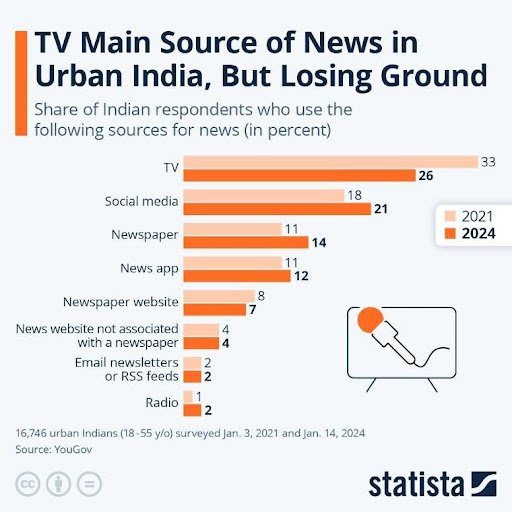
What If It Wasn’t Your Hormones, But Your Childhood?
In today’s world, hormonal imbalances are becoming increasingly common and spreading widely. Conditions such as Polycystic Ovarian Syndrome (PCOS), Endometriosis, Premenstrual syndrome (PMS), Thyroid dysfunction, Testosterone decline, and infertility affect millions. According to the World Health Organisation (WHO) and the U.S. NIH, endometriosis affects around 190 million individuals globally, approximately 10% of females of reproductive age. Similarly, the WHO estimates that PCOS affects 6-13% of women in their reproductive years.
While these medical terms are widely recognised thanks to search engines, understanding their true causes and long-term implications remains elusive for many patients. Often, healthcare professionals recommend standard solutions, such as eating a balanced diet, maintaining a healthy weight, and exercising regularly. At worst, patients are told these conditions are chronic and incurable, or worse, that they’re simply “too sensitive” and must learn to live with the symptoms.

Root causes: More than just hormones
Chronic stress is now widely recognised as a key trigger of hormonal imbalance. According to the Cleveland Clinic, stress is one of the leading factors contributing to hormonal dysfunctions. Max Healthcare further supports this, noting that chronic stress elevates cortisol levels, commonly referred to as the “stress hormone”, which disrupts the body’s hormonal equilibrium.
Remember the basic biology we learned in school? The brain governs the body, primarily through the HPA axis (hypothalamic pituitary adrenal axis), a critical system that regulates hormone production.
Under long-term stress, however, this system begins to collapse. As cortisol rises, a cascade of imbalances follows:
- Estrogen drops
- Progesterone drops
- Thyroid function slows
- Insulin sensitivity weakens
- Testosterone declines
Even when cortisol levels appear to normalise, often due to adrenal burnout, the damage remains. This is why many people continue to feel “off” even after the stressor has passed. While other factors such as poor diet, toxins, and sleep disturbances can contribute, None are as persistently damaging as chronic, unaddressed stress.
Early Onset: A deeper look at hormonal imbalances
According to the World Health Organisation and the U.S. NIH, conditions like PCOS often begin during adolescence, although symptoms may vary or go unnoticed for years. The World Health Organisation also states that endometriosis, similarly, can start as early as the first menstrual cycle, yet many girls remain unaware until they face fertility complications later in life. Unlike females, who experience cyclical hormonal fluctuations, male hormones, particularly testosterone, tend to follow a more stable pattern. However, this doesn’t make men immune to hormonal shifts; rather, it highlights the particular vulnerability of those who menstruate to chronic stress.
So where does this stress stem from?

Many of us grow up in environments steeped in rigid expectations, such as being told to ace every exam, never cry, and silence emotional responses. Statements like “Stop overreacting”, “Crying is for the weak”, or “This is your life, but I make the decisions” can take a psychological toll that manifests physically over time.
This article does not aim to blame parents. It is about recognising that control and love are not the same and that emotional suppression passed down as “discipline” can carry intergenerational consequences. We inherit more than just genes; we absorb unhealed traumas, stress responses, and emotional silences. These, too, show up in our bodies, in our hormonal cycles and stress chemistry, and not just in our memories.
Breaking the cycle starts with awareness. It starts with us.
Change Needed: A call for conscious parenting

Change begins at home, not with control, but with conscious compassion.
A child who doesn’t top the class isn’t necessarily lazy or distracted. They might be doing their absolute best. Tears are not a sign of weakness, and laughter is not immaturity. These are human emotions that should be nurtured, not suppressed.
Rather than imposing decisions in the name of love, guardians should focus on mentorship over micromanagement. This shift requires us to unlearn what we may have absorbed as children—rigid expectations, silenced emotions, and conditional approval. By acknowledging these patterns, we can stop them from becoming the emotional legacy we pass on.
Parental love should empower, not overpower.
Written by – Farha Shaikh
Edited by – Debashrita Mazumder
The post The Rising Prevalence of Hormonal Imbalances appeared first on The Economic Transcript.


